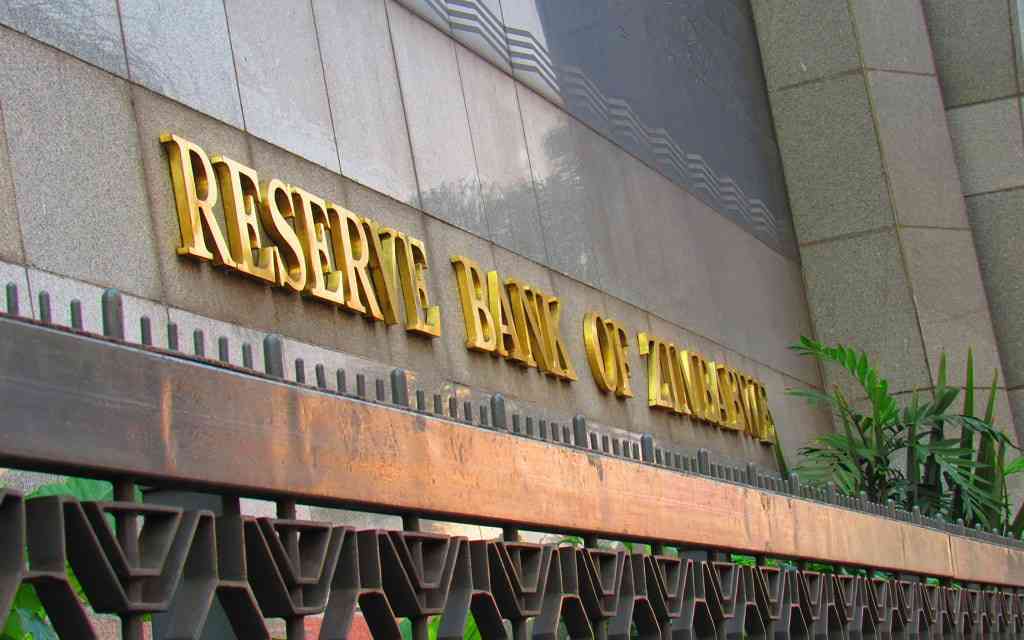
BY FIDELITY MHLANGA
RESPECTED United States-based stockbroking firm, Morgan & Co Research, has urged Zimbabwean authorities to join the Rand Monetary Union (RMU) to resolve the prevailing currency volatility and stabilise the southern African country’s economy.
Since government made a surprise announcement of the return of the Zimbabwe dollar as the sole legal tender last year albeit with inadequate foreign currency and mineral backing, the unit has been on a freefall.
With traders increasingly shunning the Zimbabwe dollar, especially the coins, Morgan & Co said this was enough indication that the local currency has failed to ignite confidence in the market.
“Our advice to the government of Zimbabwe in 2020 is to undo Statutory Instrument 142. This policy has not helped businesses in any way as it does not solve the fundamental problem which is the lack of forex. The timing of a return of an unbacked Zimbabwe dollar was premature given the lack of confidence in the monetary system.
“In our view, a more practical way to boost confidence in the Zimbabwe dollar, while the new administration works on economic reforms would be joining the Rand Monetary Union. Namibia, Swaziland and Lesotho all use the South African rand alongside their own currencies. The model has worked and has restored confidence in currencies such as the Namibian dollar,” Morgan & Co Research said.
The stockbroking firm noted that the reintroduction of the Zimbabwean dollar last year, after it was scrapped in 2009 at the height of hyperinflation, was ill timed and disastrous.
“There is clear evidence on the ground that the ZWL has failed as traders and merchants continue to charge in United States dollars despite the effects of Statutory Instrument 142.
- Chamisa under fire over US$120K donation
- Mavhunga puts DeMbare into Chibuku quarterfinals
- Pension funds bet on Cabora Bassa oilfields
- Councils defy govt fire tender directive
Keep Reading
This trend is not only evident in urban areas, but has become a norm in rural parts of Zimbabwe,” Morgan & Co said in its market intelligence report.
Analysts see the benefits of adopting a dual currency, especially taking into cognisance the fact that South Africa is also Zimbabwe’s largest trading partner with more than 60% of imports coming from the neighbouring country.
Economist Kipson Gundani pointed out that Zimbabwe could use the rand without necessarily joining the Rand Union.
“I think technically in terms of joining the Rand Union, there are certain benchmarks that the South African government expects from us. That is we need to have a certain budget deficit and this can be difficult to adhere to. However we can adopt the rand by default without joining the Rand Union like what we did with the US dollar in 2009. Government can pay civil servants in rand, businesses can pay tax in rand, but this will just provide a temporary relief to our problems. We might have the rand, US dollar in circulation but that will not wish away serious indiscipline, corruption and appetite for spending the money we don’t have,” Gundani said.
Apart from currency volatility, the economy is ravaged by power shortages, market confidence dearth, looming drought and runaway inflation recorded at 430% last November.










